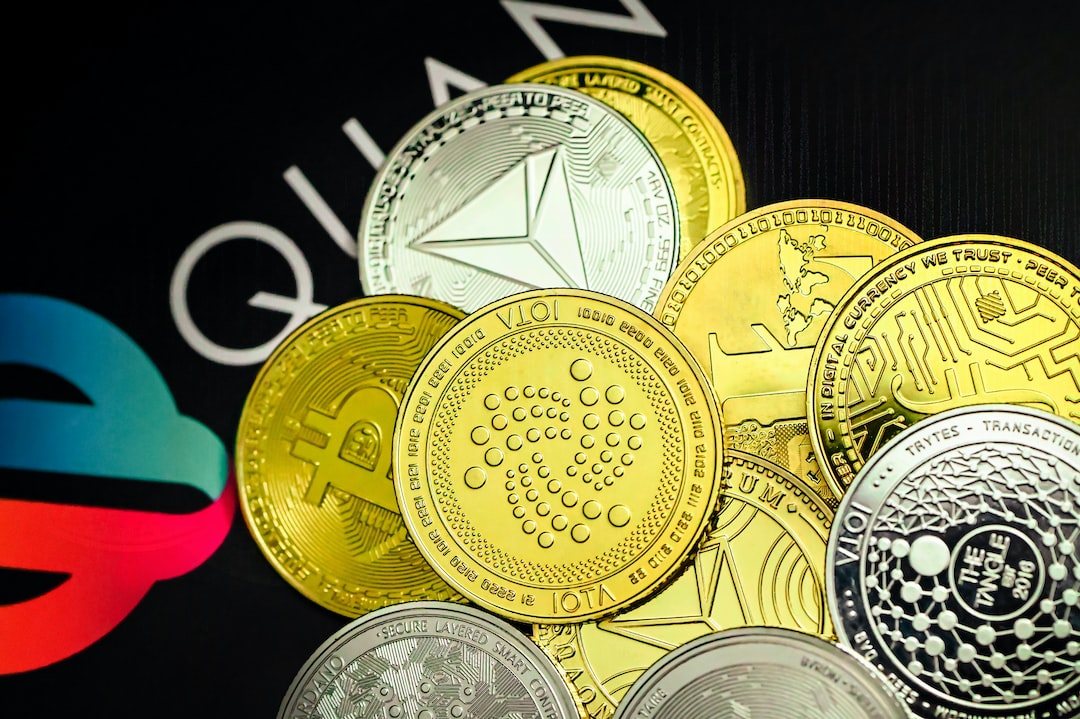Indian Crypto Exchanges Optimistic After G20 Declaration
Indian cryptocurrency exchanges are optimistic about the future of crypto regulations in India following the recommendations made by the International Monetary Fund (IMF) and Financial Stability Board (FSB). The IMF-FSB synthesis paper provides guidance to authorities on how to regulate cryptocurrencies effectively, focusing on macroeconomic and financial stability risks. The proposed paper includes nine high-level recommendations covering areas such as crypto taxonomy, anti-money laundering measures, consumer protection, operational standards, and uniform taxation.
Industry leaders from CoinDCX and CoinSwitch have expressed their support for these recommendations, emphasizing the importance of a self-regulatory mechanism overseen by the Ministry of Finance. They believe that this approach would be a win-win situation, drawing inspiration from Japan’s successful implementation of a self-regulatory mechanism.
The Best Way Forward: Self-Regulation
Kiran Mysore Vivekananda of CoinDCX argues that a self-regulatory mechanism is the best way forward for the crypto industry in India. He suggests that if the industry self-regulates with oversight from the government, it would be beneficial for both parties. Vivekananda cites Japan as an example where self-regulation has proven effective, particularly during the FTX debacle when Japanese investors were safeguarded due to the establishment of a self-regulatory organization (SRO).
Reserve Bank of India Governor Shaktikanta Das has also encouraged fintech firms to establish an SRO themselves, highlighting the advantages of frequent communication with the SRO and reduced regulatory burden on the RBI.
Will India Roll Back Heavy Crypto Tax Regulations?
India currently imposes heavy taxes on cryptocurrency gains and requires a 1% Tax Deductible at Source (TDS) on every crypto trade. Kiran Mysore Vivekananda believes that the purpose of introducing TDS, which was to discourage people from investing in crypto, has failed. He points out that India is now ranked first in Chainalysis’ Global Crypto Adoption Index, with 18% of active users on top foreign exchanges being Indians. The high taxes have pushed retail Indian investors to rely on foreign peer-to-peer services to trade crypto and avoid taxes.
As India moves towards regulating cryptocurrencies, industry players are hopeful for clearer regulations and a more favorable tax environment in the future.
Hot Take: A Positive Step Towards Clear Crypto Regulations in India
The recommendations on crypto regulations by the IMF and FSB are seen as a positive step towards achieving clear and effective regulations in India. Industry leaders from Indian crypto exchanges are optimistic about the movement and look forward to supporting the government in creating progressive regulation. They believe that a self-regulatory mechanism overseen by the Ministry of Finance would be the best way forward for the industry. With global cooperation and consensus on taxation, India can further foster the adoption of cryptocurrencies while ensuring financial stability and investor protection.





 By
By
 By
By
 By
By
 By
By
